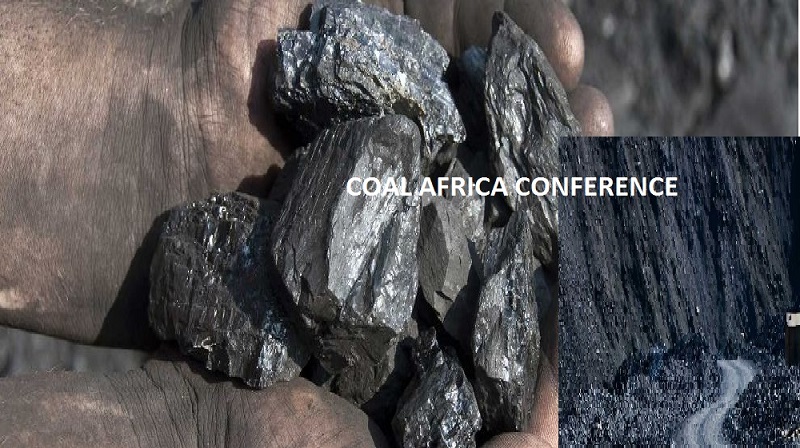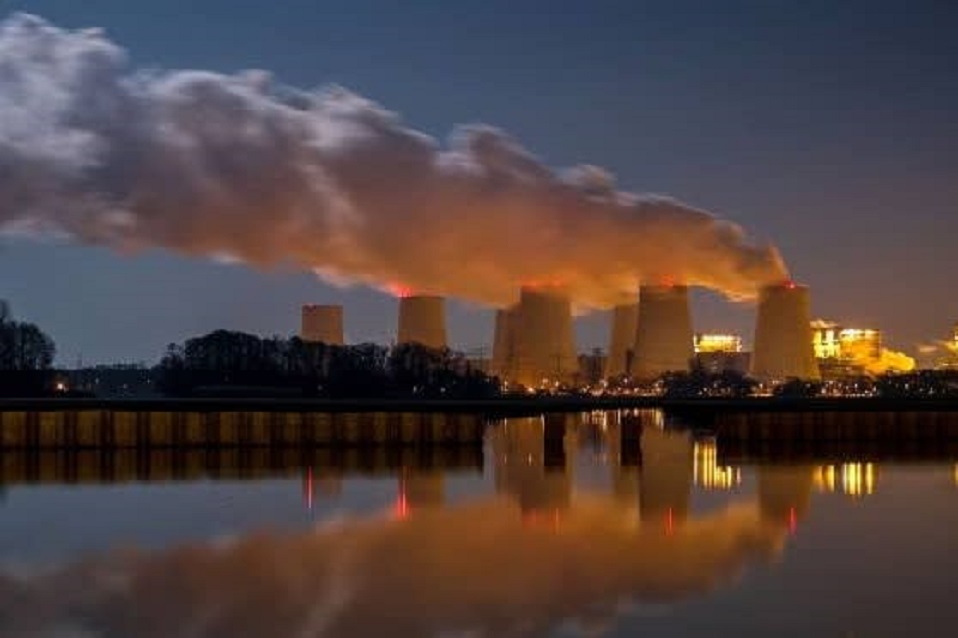
At the United Nations General Assembly on Tuesday, September 21st, President Xi Jinping of China announced the country will cease funding of coal-fired power plants abroad.
President Joe Biden also announced plans to double financing for developing countries to develop renewable energy systems and mitigate climate impacts, raising financial aid commitments to $11.4 billion by 2024, while China’s announced it will scale up climate financing for developing countries with investment in green and low-carbon technology.
These commitments bring the $100 billion a year goal for climate finance from developed nations within sight.
350.org Asia welcomes these announcements, which represent commitments that climate movements on behalf of communities in Asia, some of the most vulnerable to the climate crisis, have been tirelessly working to see realized.
While President Xi Jinping’s declaration to end support for overseas coal development is welcome, and sets a valuable precedent for other funder countries to follow suit, climate scientists and activists await a clear timeline for this policy to become operational, as well as further details on how this commitment will impact developments already in the pipeline and whether it will include private funding as well as public funding
China is one of the highest contributors to overseas coal plant development, and itself remains one of the highest per capita emitters of greenhouse gases in the world.
It is also currently involved in plans for 47 coal fired power plants in 20 developing countries, and last year added an equivalent amount of coal power domestically as this declaration commits to end overseas.
At present, 54% of coal projects in Indonesia’s pre-development pipeline are financed by China, as are 88% of developments in Bangladesh, and 31% of developments in Vietnam, according to Global Energy Monitor.











